
African Americans are facing a broad, racist assault in the United States, aimed at reversing every socio-economic and political gain won by this oppressed segment of the population, writes Malik Miah.

African Americans are facing a broad, racist assault in the United States, aimed at reversing every socio-economic and political gain won by this oppressed segment of the population, writes Malik Miah.
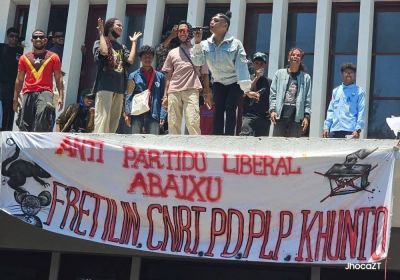
For three days, the streets of Timor-Leste’s capital Dili have been filled with thousands of young protesters, led largely by Timor-Leste’s Generation Z, frustrated by perks for parliamentarians, while their generation suffers poor education and an uncertain economic future, writes Ato ‘Lekinawa’ da Costa.
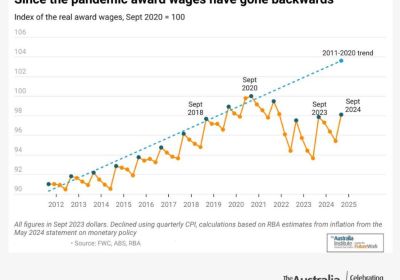
Capitalism has long ceased to provide for the majority, yet its institutions — government, the RBA and the corporate media — continue to try to tell us that there is no alternative. Graham Matthews argues that solidarity is key.
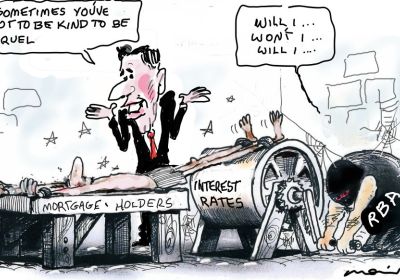
Philip Lowe said he is proud of the RBA’s unpopular role in forcing working people to bear the burden of “fighting inflation”. But don’t count on interest rates stopping rising inflation; unemployment is going up, too. Peter Boyle reports.

Workers need a fairer, democratically accountable, transparent and responsive alternative to the Reserve Bank of Australia, argues Graham Matthews.

The Reserve Banks of Australia's talk about the need to “increase productivity” means less regulation and more “flexibility” for the bosses. Mary Merkenich and Pip Hinman report.

There is a big gap between the headlines and the reality facing skilled migrants trying to find employment in their profession. Khaled Ghannam reports.

In the lead-up to the federal Jobs Summit, it is worth remembering that Australia is carrying a burgeoning precariat of unemployed and underemployed people, writes Malcolm King.

Government action and worker solidarity are key to overcoming the scourge of insecure work and ensuring pay rises keep pace with inflation and productivity improvements, argues Graham Matthews.
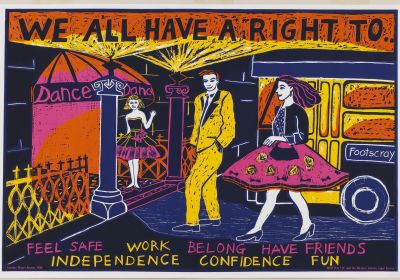
Youth poverty has worsened during the pandemic. Isaac Nellist and Zoe O'Dea assess how the sudden removal of the federal emergency disaster and welfare supplement payments will impact young people.

Nothing maintains the culture wars more than a conservative PM blaming the unemployed for their lack of employment to a room full of rich business people, writes Dechlan Brennan.
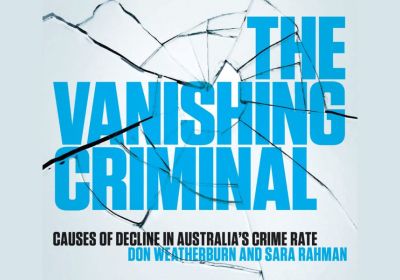
A new book has revealed that crime rates in Australia have fallen markedly in the last two decades. But, as Chris Slee notes, the book's authors fail to adequately link crime rates to unemployment or other ecomonic factors.